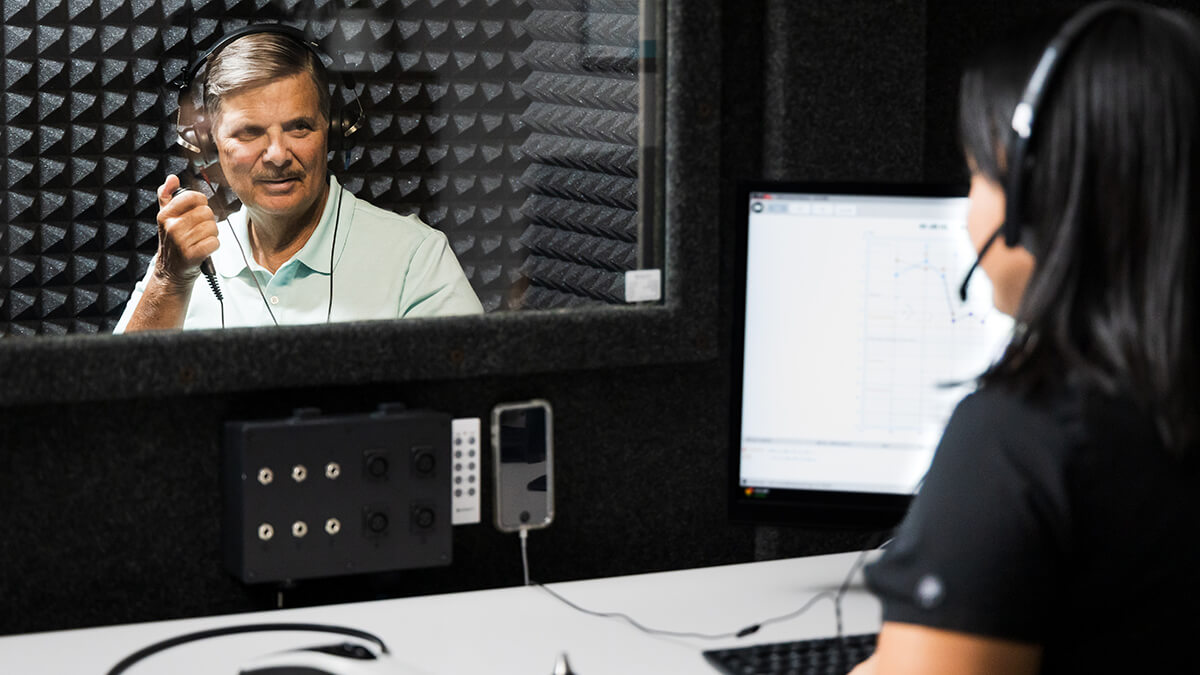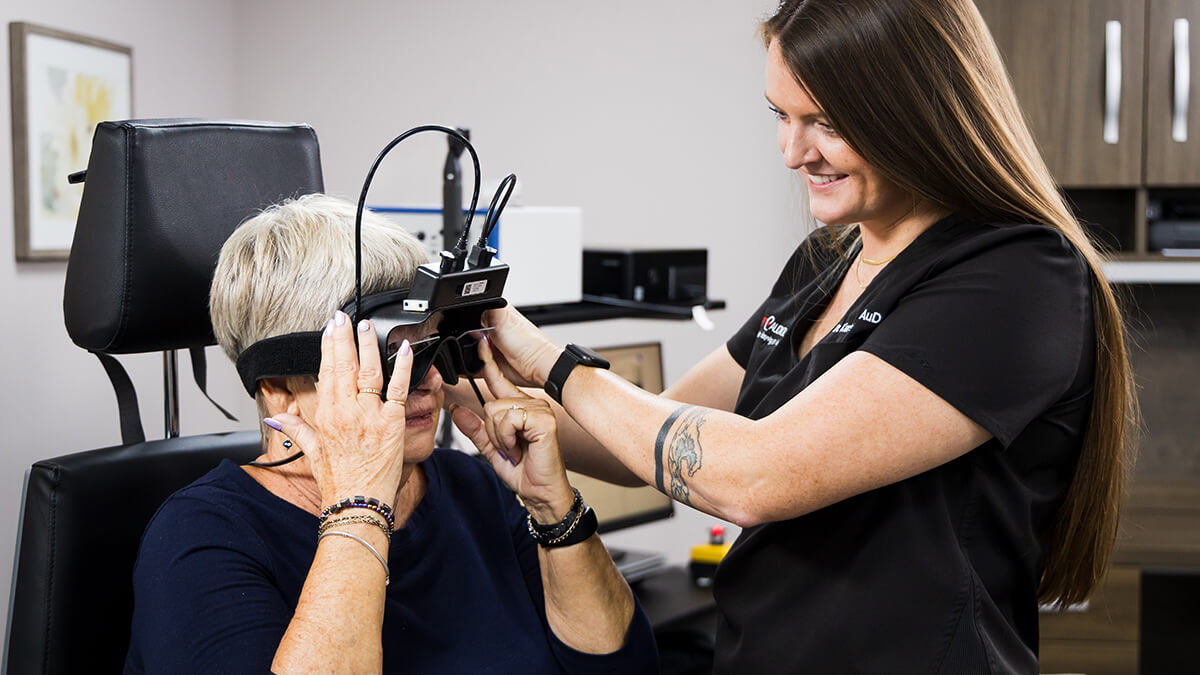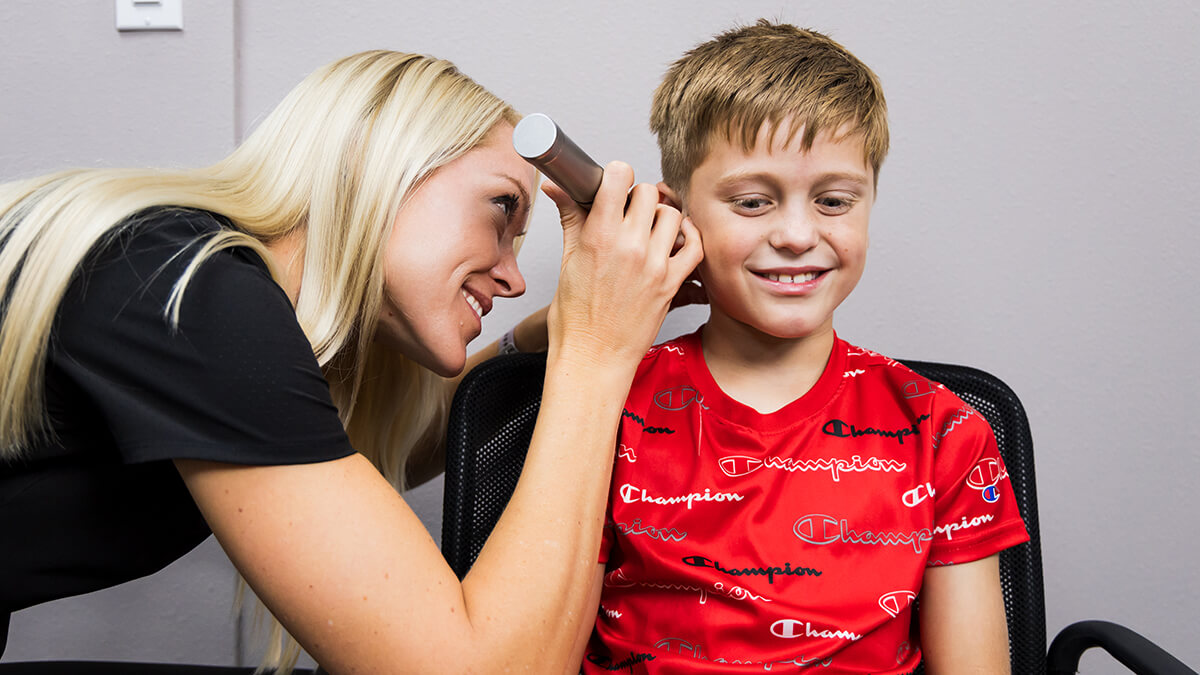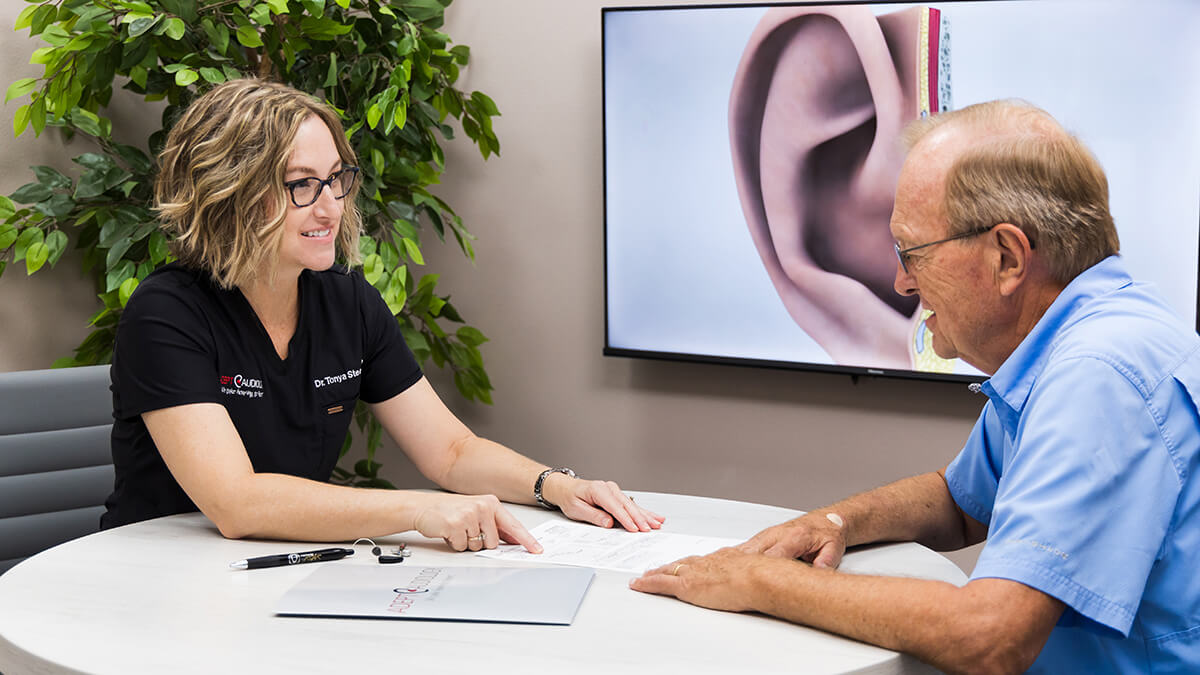At Adept Audiology, We Understand the Profound Impact That Hearing And Balance Have On Your Quality of Life.
Our mission is to empower you with comprehensive care, personalized solutions, and compassionate support so you can enjoy all the sounds life has to offer.
With our team of Audiologists, we offer a range of services, from diagnostic evaluations to hearing aid fittings, tinnitus management, and balance disorder assessments
Our commitment goes beyond addressing hearing loss – we recognize the connections between hearing health, physical and mental health, and overall well-being.
Our Services

Diagnostic Hearing Evaluations

Balance & Vestibular Testing

Hearing Loss Services

Pediatrics
Our Audiologists

Dr. Lyndsey Bride, Au.D. CCC-A
Owner & Founder

Dr. Tonya Steed, Au.D.
Audiologist

Dr. Karsin Spinks, Au.D.
Audiologist
Reach out today!






